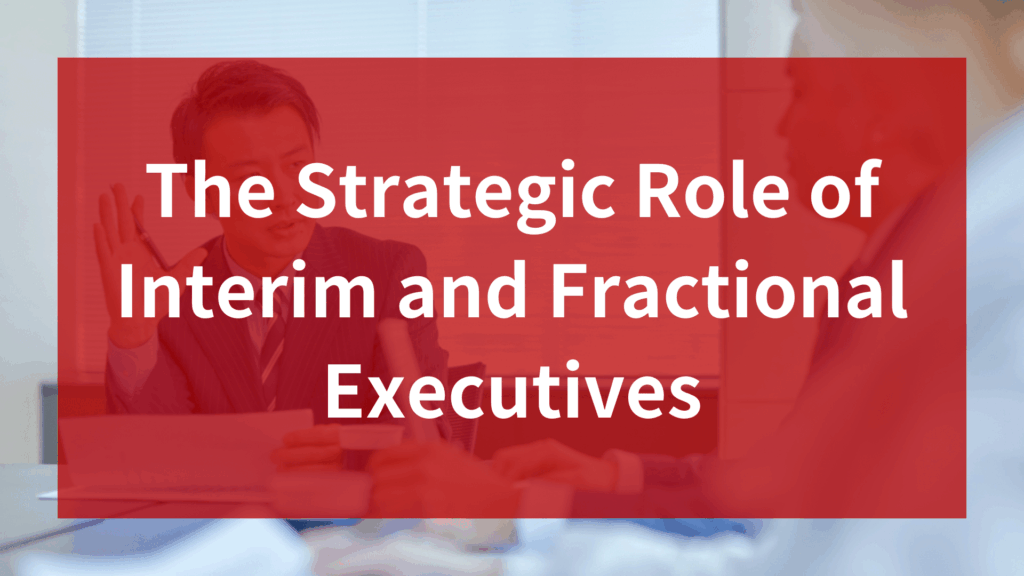
Most of you are likely familiar with the terms “hard skills” and “soft skills.” Hard skills refer to specific job-related knowledge, technical expertise, and certifications. Soft skills, on the other hand, encompass qualities such as leadership, adaptability, communication, and problem-solving abilities.
So when you’re hiring for a managerial position, someone responsible for leading a team or project, what should you prioritize? Deep knowledge and experience or strong interpersonal and leadership skills?
The answer depends greatly on your specific hiring needs. For positions that require frequent communication with HQ, coordination with internal team members, or cross-functional collaboration, soft skills are often more critical. Conversely, if you urgently need to fill a role requiring specialized knowledge or technical proficiency, hard skills may take precedence.
At the heart of this decision is a simple question: What do you expect this person to accomplish?
When Soft Skills Take Center Stage
The importance of hard skills are easy to understand; they directly relate to job performance. Soft skills are somewhat more complex, but equally essential, especially in leadership roles. Soft skills include the ability to resolve conflicts, motivate team members, handle ambiguity, and lead with empathy and clarity.
Consider the case of hiring a new manager to lead a project team after the previous manager’s departure. If the role involves close collaboration with headquarters or stakeholders from diverse cultural or functional backgrounds, soft skills become indispensable. While a technical background is helpful, a candidate who demonstrates a genuine willingness to understand the work can pick up the necessary hard skills over time. In contrast, cultivating soft skills can take years of experience and personal development.
Soft skills also play a vital role in long-term talent strategy. When hiring someone you hope will grow into senior leadership, their interpersonal effectiveness, adaptability, and communication skills can be more important than any current technical gap.
For example, a trend for our clients hiring finance professionals to have strong technical skills, place even greater emphasis on business partnering and the ability to clearly explain the story behind the numbers. Technical ability is essential, but it’s the soft skills that ultimately drive hiring decisions.
Also read: Clarifying What You Really Need
Evaluating Soft Skills in the Interview Process
So how can you assess soft skills effectively? One highly effective approach is to ask behavioral questions such as:
“Tell me of a time you needed to communicate in a challenging situation?”
Ideally, base the scenario on a real, previously resolved issue. Of course, sensitive or personal details should be anonymized. What you’re looking for is not simply the “correct” solution, but the candidate’s approach, speed of response, and judgment. Especially how they would engage stakeholders at the heart of the issue.
This is particularly critical for leadership roles where quick and thoughtful decision-making is essential, and where communication across functions or regions is a daily necessity.
Here are a few more of our favorite questions:
- Tell me about a time you had to gain buy-in from senior stakeholders on a difficult decision.
- Describe a situation where things didn’t go according to plan. How did you adjust?
- Describe a time when you had to explain a complex idea or financial concept to someone without a technical background.
- Describe a time when you identified an issue others had overlooked. What action did you take?
- Describe a situation where the solution you initially tried didn’t work. What did you do next?
Also read: 50 Common Interview Questions and Answers
Including the Right People in the Interview
Another powerful yet often overlooked strategy is involving team members or the direct supervisor in the interview process.
This may seem time-consuming, especially in large organizations where hiring decisions are often separated from daily team dynamics. However, involving those who will work most closely with the new hire can provide invaluable insights. They can assess whether the candidate will integrate well with the team, pick up on nuances that may not surface in a standard interview, and evaluate cultural fit in real time. One of our clients had the team take the candidate out for a casual lunch. The insights gleaned from the lunch was insightful for the hiring manager and CEO to come to a decision as to which candidate they would hire.
In some cases, this process might reveal important red flags:
- The candidate may have excellent soft skills, but require extensive technical training
- Their demeanor may change depending on who they’re speaking to (e.g. more respectful with upper management, but less engaged with peers)
These are critical elements that may not be evident in a conventional interview.
Also read: Whose Opinion Should Be Considered When Deciding to Hire New Talent?
Conclusion
There is no universal formula for the “perfect” hire. But by clearly identifying the core purpose of the role and evaluating candidates accordingly, you can make smarter, more strategic hiring decisions.
Hard skills can be taught, when soft skills may take time to build. If you need assistance on such hiring matters, or would like more detail to this topic, contact info@focuscoregroup.com any time. We are always happy to help you focus on your core business.
Latest Articles
Strategic Partnership in Executive Search
Our clients partner with us because of our best in practice executive search methodology and deep specialist knowledge of the Japan market




